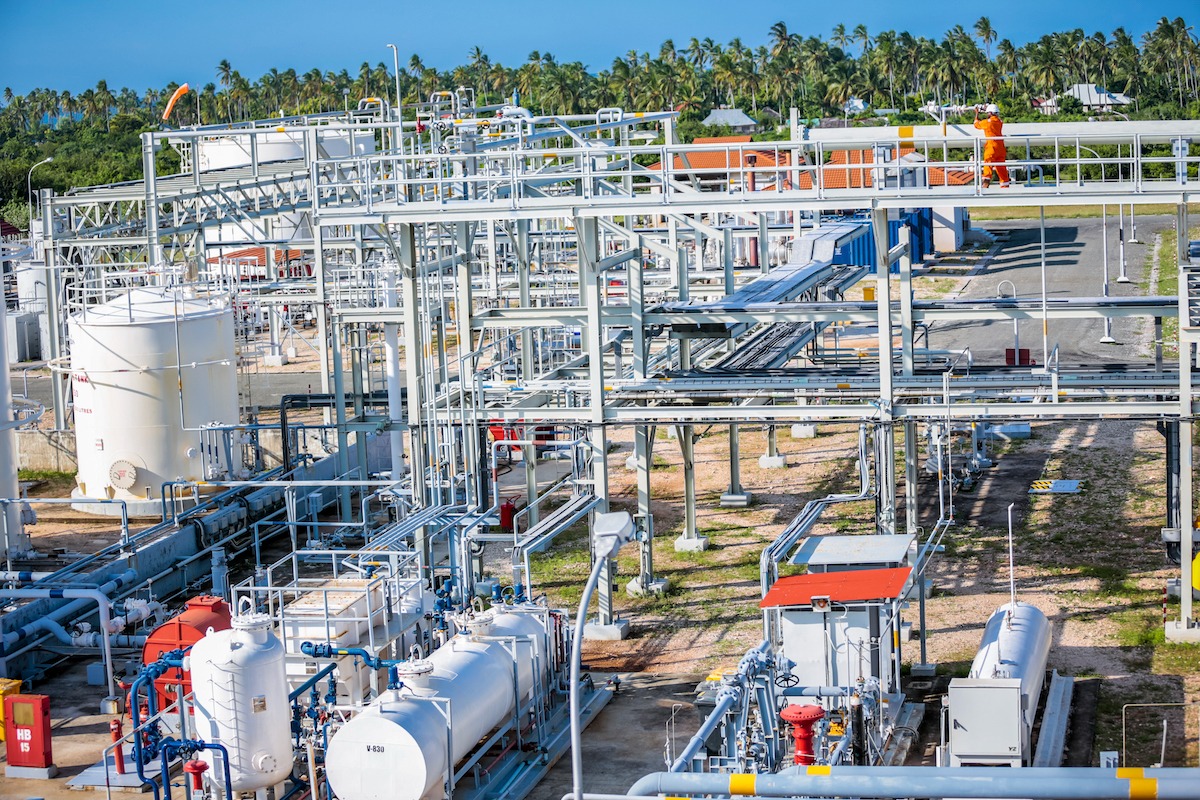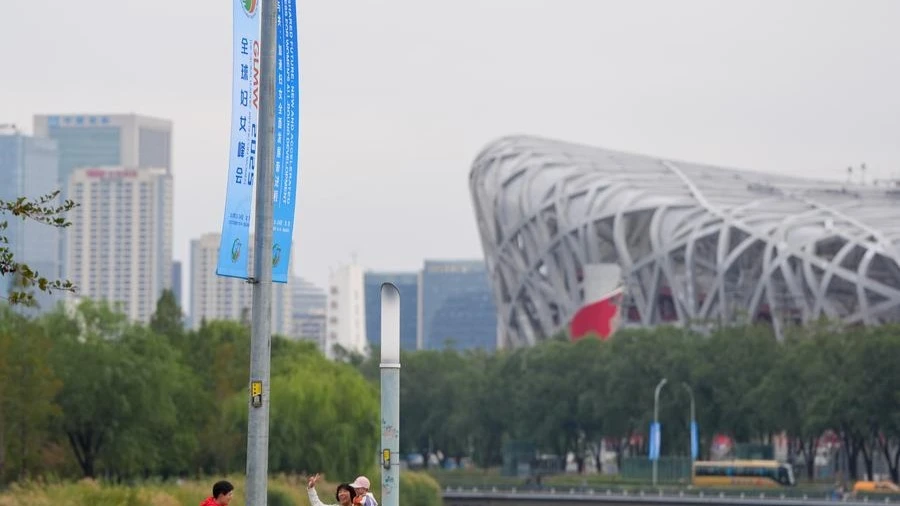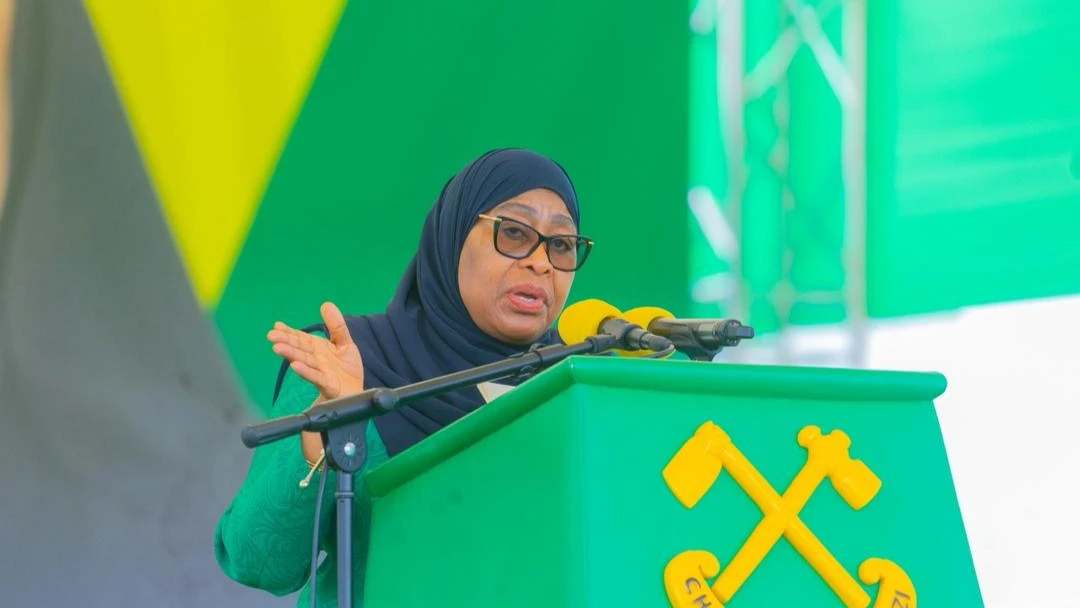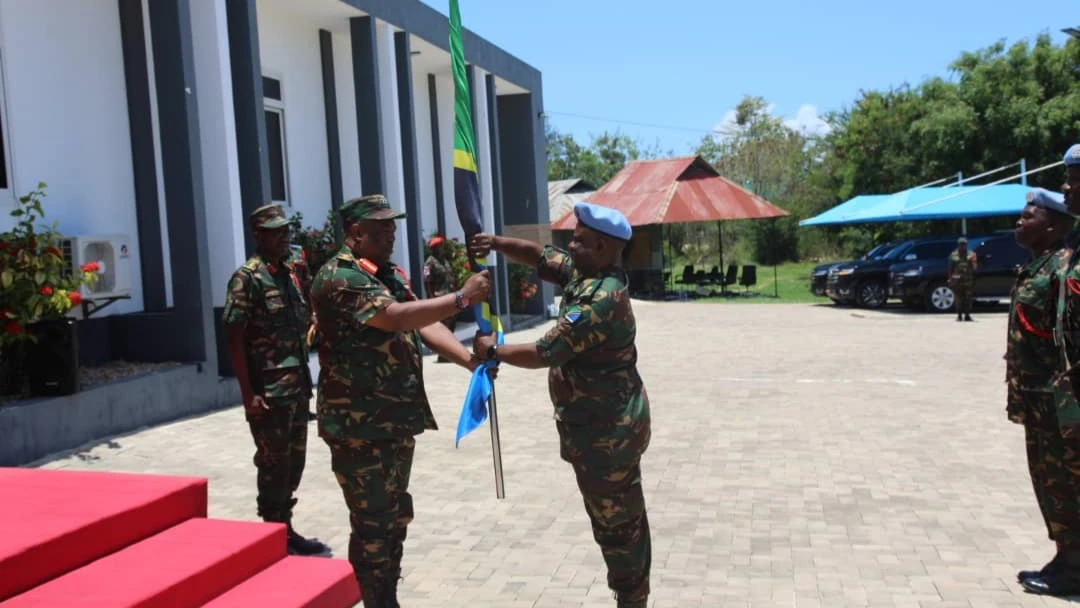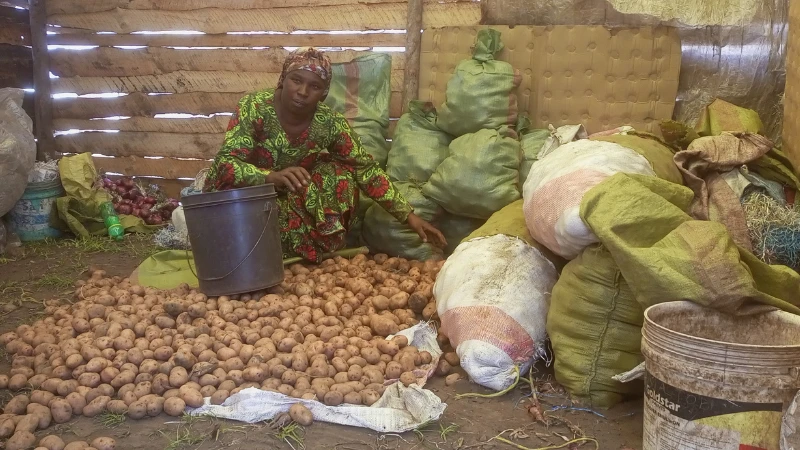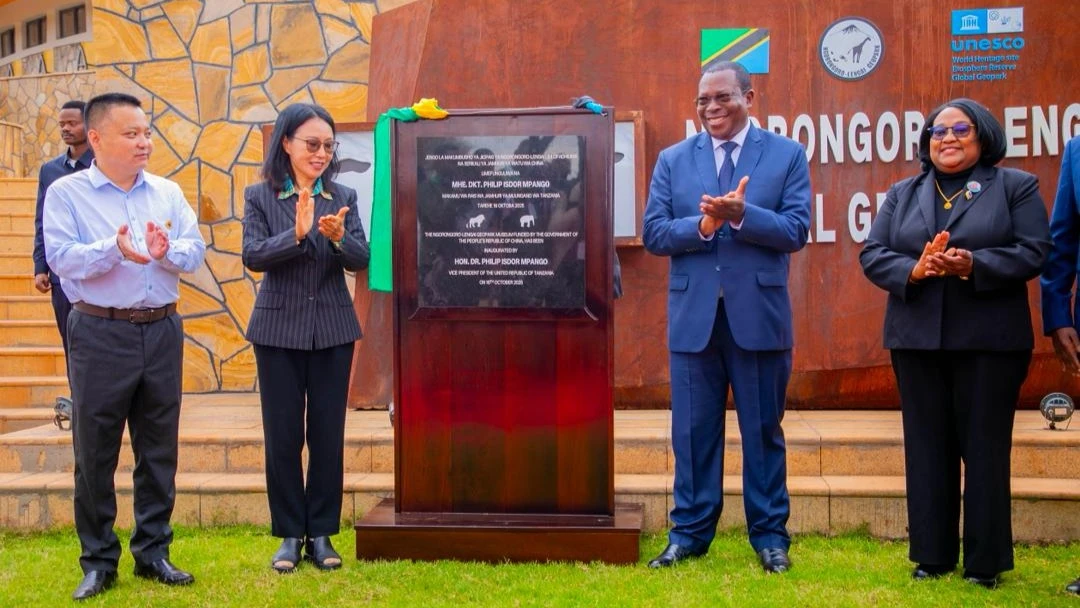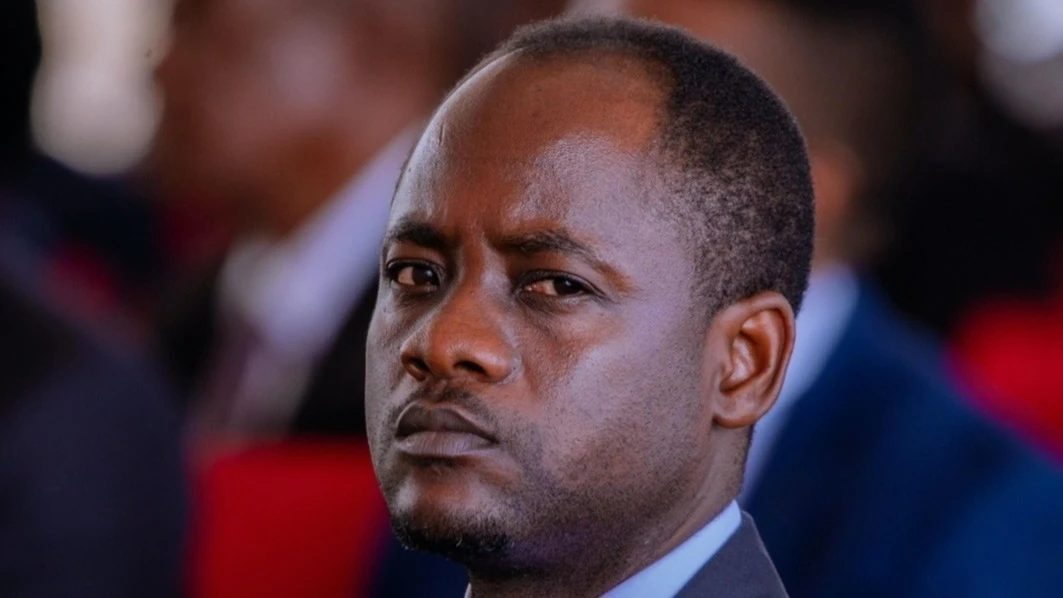Tanzania strengthens energy backbone to drive industrial growth
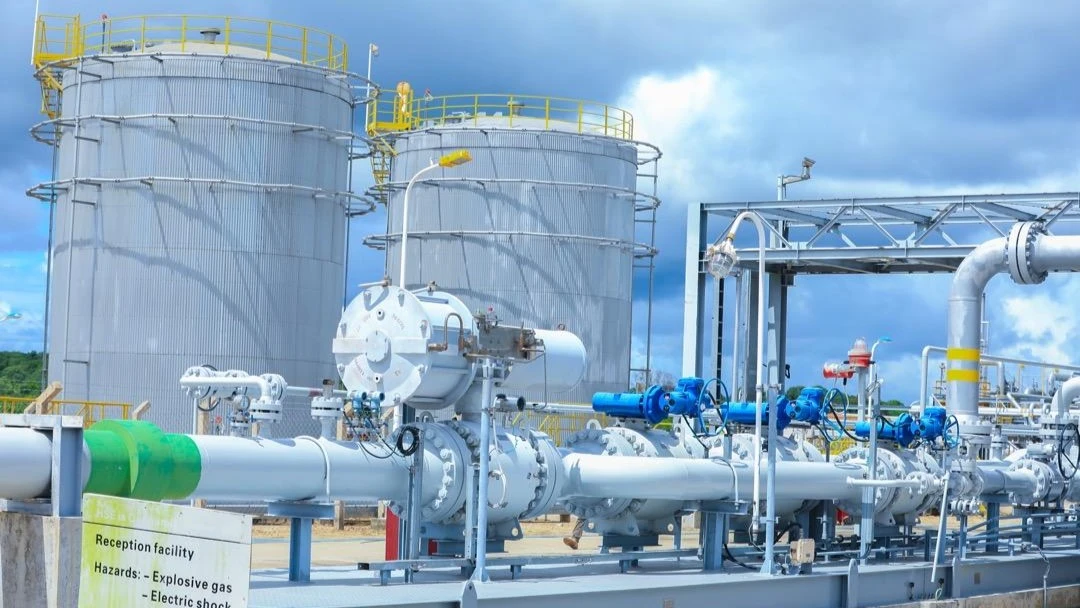
Tanzania is intensifying investment in energy infrastructure to power its manufacturing ambitions and position itself as East Africa’s next industrial hub.
Reliable and affordable power remains central to the country’s economic strategy. By focusing on energy expansion and diversification, Tanzania is building a foundation for sustainable industrialisation and long-term competitiveness.
“Energy infrastructure is often the first domino in the chain of industrialisation because it sets everything else in motion,” says Head of Client Coverage, Corporate & Investment Banking Stanbic Bank Tanzania, Elias Ngunangwa. “Once that domino falls into place, it unlocks progress in manufacturing and job creation.”
The national energy policy introduced in 2015 places infrastructure development at the heart of Tanzania’s industrial plan. Hydro power currently contributes about 60 percent of the national supply, but reliance on rainfall has highlighted the need for a more diverse energy mix. This has prompted the government to expand renewable energy projects and maximise natural gas reserves to ensure stability.
“Tanzania is blessed with abundant natural gas reserves, including the Songo Songo field, which strengthens its position as a regional energy leader,” Ngunangwa explains. “Gas enables a steady supply to industries and supports the country’s industrialisation goals.”
Natural gas now powers more than 45 major industries in Dar es Salaam, ensuring consistent supply for sectors such as cement, steel, and textiles. These projects not only enhance energy security but also reinforce Tanzania’s competitiveness in regional trade.
Tanzania is also advancing cross-border energy cooperation as part of the East African power pool. The country already exports surplus power to neighbouring nations during shortages, a move that strengthens regional stability and economic integration.
As energy infrastructure expands, innovative financing has become critical. Stanbic Bank Tanzania plays a leading role by structuring funding solutions tailored for large-scale energy and manufacturing projects.
“We go beyond traditional lending,” Ngunangwa notes. “We design financial solutions that address the specific needs of Tanzania’s energy sector and support investors through capacity-building programmes that help them navigate the market.”
Alternative financing models such as green bonds and Public-Private Partnerships (PPPs) have gained momentum, enabling faster development of power transmission and generation projects. According to David Kafulila, Executive Director of the Public-Private Partnership Centre under the Ministry of Finance, PPPs allow the government to mobilise private capital and technical expertise while reducing reliance on borrowing or taxation.
“These partnerships accelerate the rollout of critical infrastructure, which is essential for industrial growth,” Kafulila explains.
Stanbic Bank’s approach focuses on building long-term relationships across the value chain, ensuring sustainable collaboration in sectors that are vital to Tanzania’s growth.
“We build relationships by understanding our clients, gathering insights, and translating those insights into value,” says Ngunangwa.
Through continued investment, diversification, and collaboration, Tanzania is creating a strong foundation for industrial transformation. With reliable power and strategic partnerships driving progress, the country is steadily positioning itself as a leading manufacturing and energy hub in East Africa.
Top Headlines
© 2025 IPPMEDIA.COM. ALL RIGHTS RESERVED


